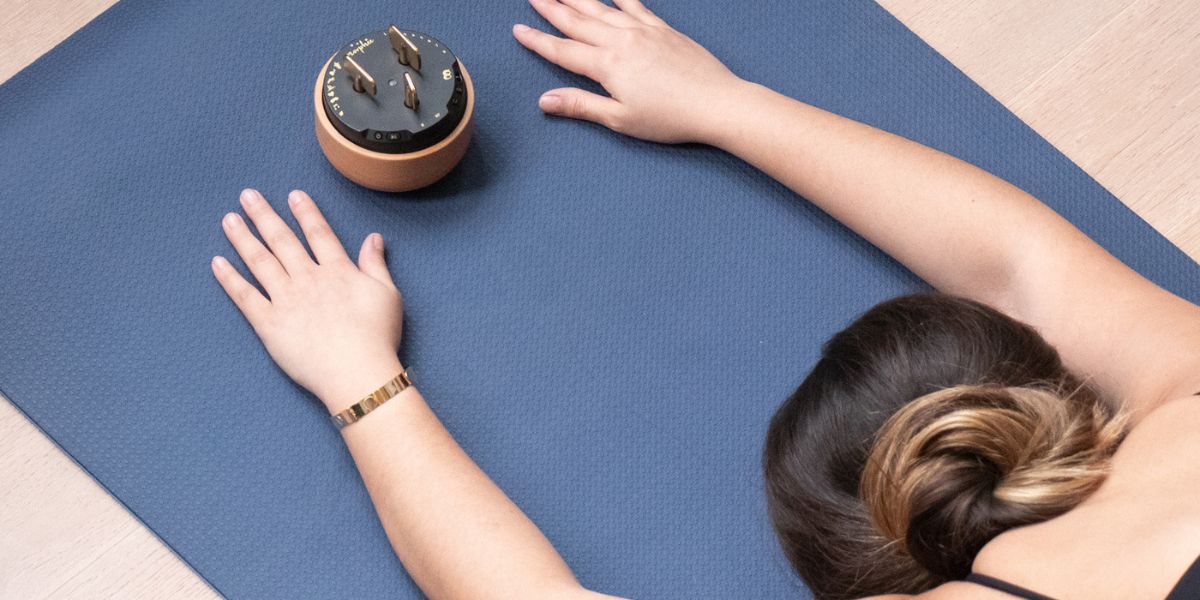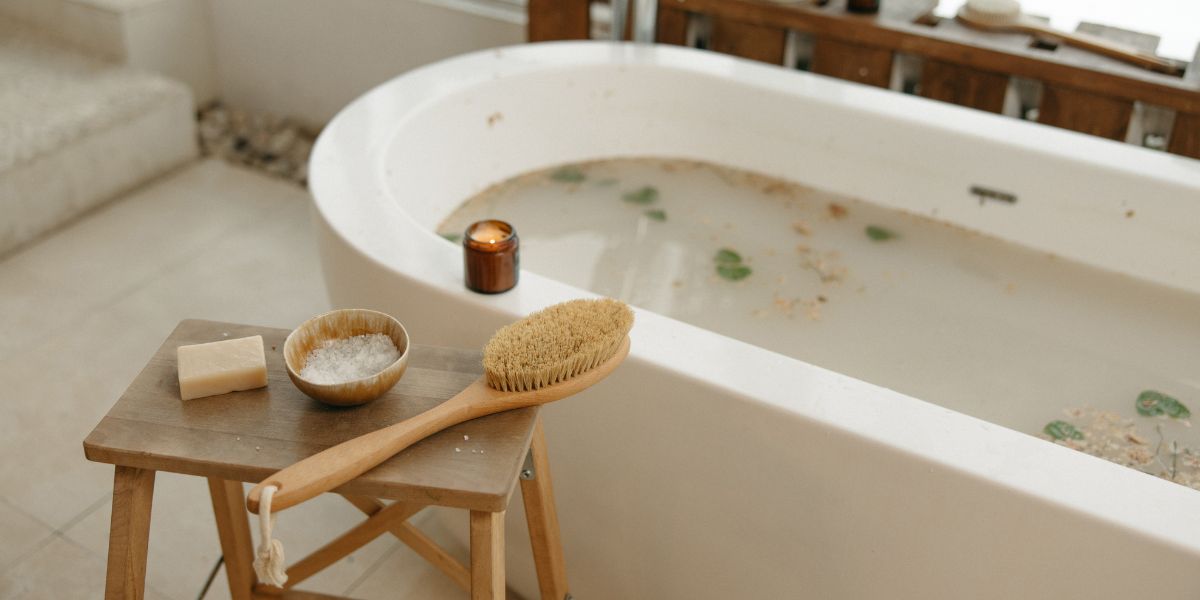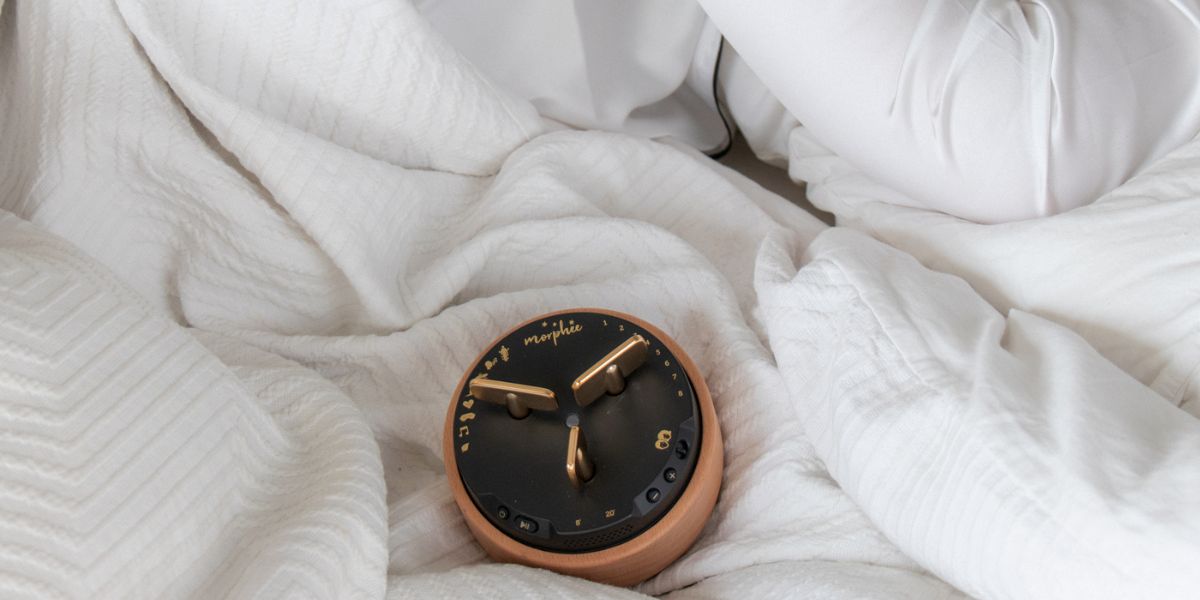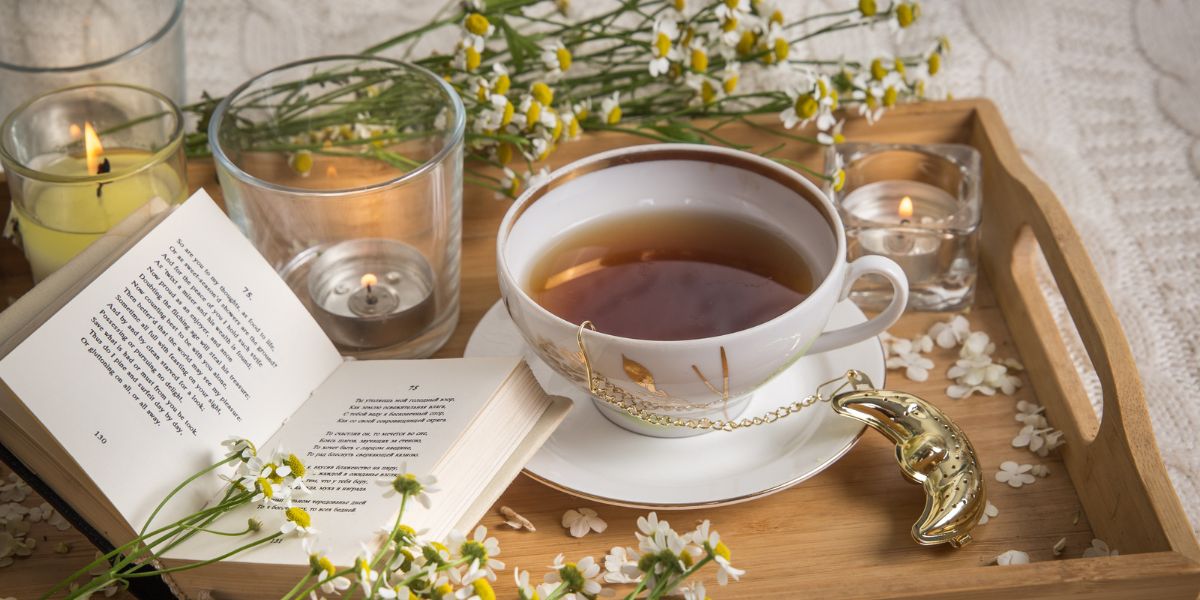If you haven’t been sleeping well for a long period of time, establishing a bedtime routine can lay the groundwork for adequate rest. This routine will consist of a series of activities that you will repeat every-night to prepare your body for sleep. On average, your bedtime routine will last between 30 to 60 minutes and it may take a few days to get the routine right for you. Let's dive right in and have a look at a few activities for you to practice every night. Once you have built the perfect bedtime routine for you, you should notice a positive change in your sleep.
1. Choose a designated bedtime

Several hours before you even get into bed, your brain will automatically initiate the winding-down process as part of your natural sleep-wake cycle. Utilise this natural shift in your body, and think about starting your night-time routine then. Normally we suggest starting your routine between 30 minutes, to 2 hours before you drift off to sleep. Now we know you might not like this, but you should try to wake up and go to sleep at the same time throughout the week, even on the weekend. Maintaining a regular sleep schedule aids in conditioning your brain to naturally induce tiredness at bedtime.
2. Turn off all screens

Blue light is a type of light emitted by electronic screens like your phone, laptop and tablet, which disrupts the body's natural sleep-wake cycle. The light suppresses the production of melatonin, the hormone responsible for regulating sleep. The blue light from your screen tricks your brain into believing it’s still daytime, delaying the onset of sleepiness. Prolonged exposure to blue light, especially in the evening, can lead to chronic sleep problems and insomnia. To help avoid this, all screens should be put away as part of your bedtime routine, and shouldn’t be touched until the next day.
3. Stretching

Incorporating stretching into your bedtime routine can significantly improve sleep quality. Gentle stretching before bed helps release tension accumulated throughout the day, promoting physical relaxation. Targeting key muscle groups, such as the neck, shoulders, and lower back, can alleviate discomfort and help you get into a comfortable sleeping position. This physical release also calms the mind, setting the stage for a deeper and more restorative sleep.
4. Have a warm bath or shower

5. Meditation

Incorporating meditation into your bedtime routine can significantly improve your sleep quality and overall well-being. Meditation induces a state of deep relaxation, helping to calm racing thoughts and reducing stress and anxiety levels accumulated throughout the day. By focusing on the present moment and practising mindfulness, meditation helps quiet the mind, making it easier to transition to sleep.
If you have never tried meditation before, Morphée is our guided meditation device that contains over 200 sessions for you to listen to, as well as soothing nature sounds. From breathing sessions, to visualisation sessions to body scans, we have 8 themes for you to choose from. If you would like to listen to small snippets of our sessions, you can find them here. Additionally, when you place an order at Morphée, you will have 100-nights to trial our product to see just how effective it is at helping you to relax and drift off to sleep.
6. Have a warm drink

Fancy a cup of warming ‘sleepy’ tea or chamomile tea before bed? Well you’re in luck because it can be added to your bedtime routine. Sipping a warm beverage before bed can help to induce relaxation, which primes the body for sleep. Warm drinks like herbal teas or warm milk raises the body's temperature slightly, triggering a natural response to cool down which promotes drowsiness. Herbal teas like chamomile contain compounds that are known for their calming properties which can help further enhance your sleep quality.
Now that you’ve cultivated a bedtime routine, consistency is key. By sticking with it, you signal to your body and mind that it’s time to wind down and prepare for a good night’s sleep. Consistency reinforces the cues and habits that promote relaxation, so try and stick to your bedtime routine as much as possible. Remember it might take a few days or weeks to get your routine perfect for you.
|
You might also want to read: |





